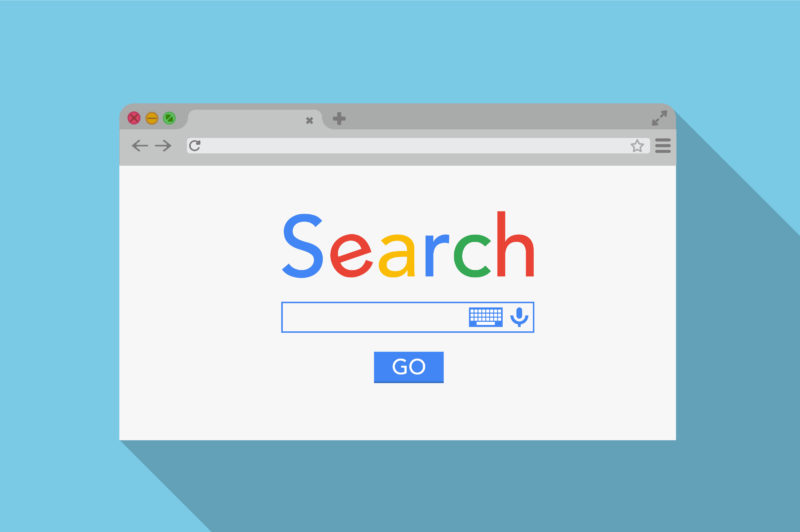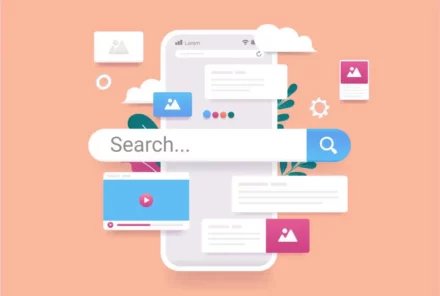Google Changes How It Creates Page Titles in SERPs

On Tuesday (24th August 2021), Google confirmed that it had changed the way it dynamically created page titles used in its search result listings.
What’s the change?
Previously, Google would use the search query which a user had used to formulate the page title it would return with a given listing.
Instead, Google will now use “text that humans can visually see when they arrive on the web page”.
Essentially, anything that is now included in your main page content can be pulled in to inform the page title that Google will show within the SERP.
This means any content that is included within H1’s, or other header tags, as well as content that is prominently featured throughout the page may be used.
What does this mean for HTML page titles?
The short answer is, not much.
Google has said that it will still use the HTML page title 80% of the time.
Therefore, continuing to optimise and include these page titles is still an important part of your on-page SEO strategy.
When will Google change your title?
Google has said it will look to change the title in certain cases when it believes it can create a more readable and accessible title for users.
This can include appending brand names to the end of titles or pulling relevant sections from HTML titles which are too long, and therefore truncated in the standard SERP result.
What is the potential impact of this change?
Google changing the page title it serves in the search results may have little to no impact, depending on whether or not your site is affected in the 20% of cases the search engines says this happens.
One way to monitor the potential impact of this is to continually review the CTR of specific search terms and pages within Google Search Console.
While Google has stated that their testing has shown that this new approach has led to the creation of better page titles, in some cases they may perform worse than what was previously being served.
It’s worth noting that for years the prescribed meta descriptions of pages have also been disregarded when it comes to SERP display, with Google electing to use other content on the page that is algorithmically determined to be more relevant to the searcher.
What can you do to minimise the impact?
As mentioned earlier, continuing to optimise your HTML titles is the best way to try and ensure Google does not feel the need to make any changes to your title.
Specific, relevant, keyword targeted page titles that fit Google’s parameters should continue to be preferred and served without intervention.
Own your marketing data & simplify your tech stack.
Have you read?
As you will have likely seen, last week Google released the March 2024 Core Algorithm Update. With it, comes a host of changes aiming to improve the quality of ranking...
After a year of seemingly constant Google core updates and the increasingly widespread usage of AI, the SEO landscape is changing more quickly than ever. With this rapid pace of...
Given the fact that Google has recently blocked third-party cookies from 1% (or 30 million) Google Chrome users, and their entire removal is expected by the end of Q3 of...


